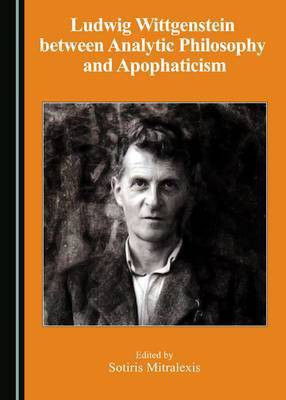Ludwig Wittgenstein between Analytic Philosophy and Apophaticism(English, Hardcover, unknown)
Quick Overview
Product Price Comparison
This volume initiates an inquiry into the relationship between Ludwig Wittgenstein's "analytic stance" towards philosophy and the inherently apophatic nature of his epistemology, a subject that has been repeatedly hinted at, but hitherto never thoroughly researched through this particular hermeneutical lens. In using the term "apophaticism," the book is not merely referring to the theological "via negativa" or to tendencies towards mysticism, but rather to a comprehensive epistemological stance that "refuses to identify truth with its formulation and to identify the understanding of the signifier with the knowledge of its signified reality," to use Christos Yannaras' definition. The question of whether Ludwig Wittgenstein's work can be approached as a particularly efflorescent case of the implementation of an implicitly (and at times explicitly) apophatic epistemology is herewith addressed. As such, this volume contends that such an approach would not merely provide elucidations on apophatic epistemologies, but rather shed potentially valuable hermeneutical light on Wittgenstein's work, functioning as an epistemological thread running through it. Consequently, the focal points here consist of questions concerning knowledge and its disclosure, ineffability, non-discursivity, the function of language, the limits of one's language as the limits of one's world, and the language of religion, among others. In addition, the volume's contribution to shedding more light on the apophatic aspects of Ludwig Wittgenstein's philosophy is enhanced by its inclusion of a broad spectrum of different approaches, with contributors ranging from Wittgenstein scholars to Patristics scholars-and beyond.


